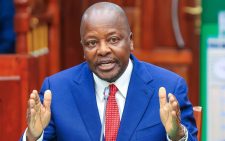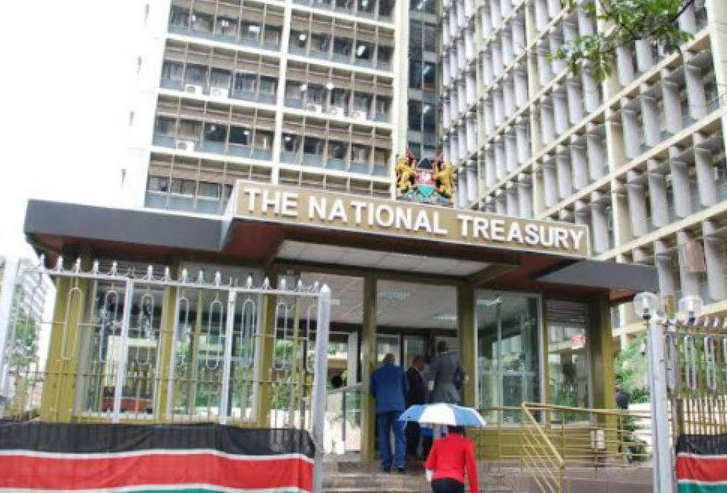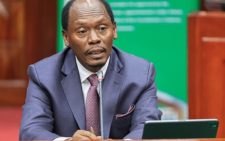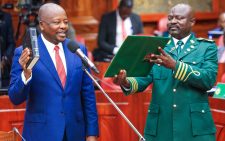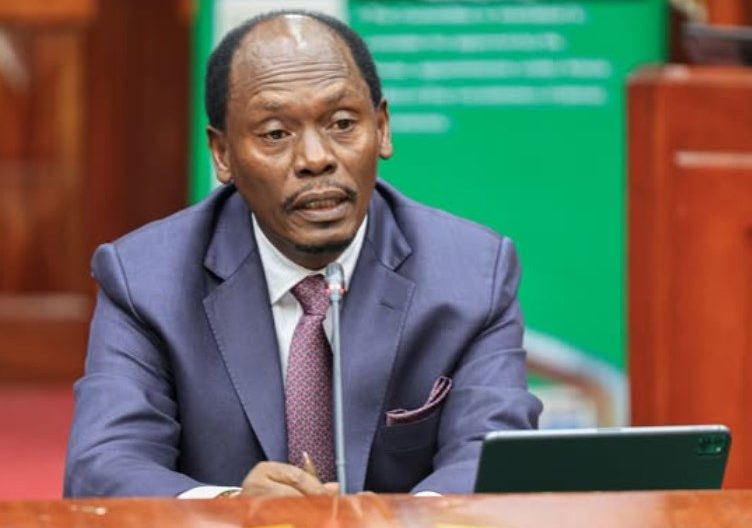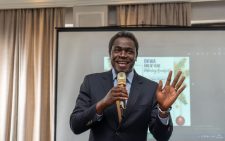Ensure International Monetary Fund’s Sh79b is put to proper use
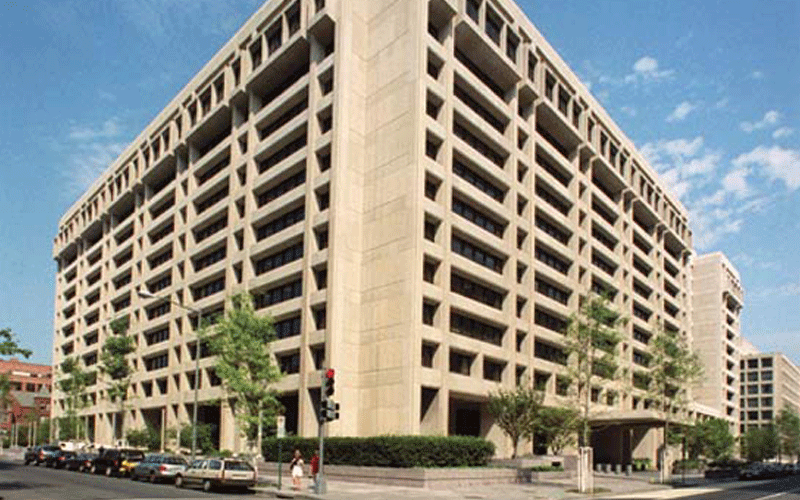
The government has just received a Sh79 billion funding from the International Monetary Fund for the health sector.
Though, it is not expressly stated, it will help the government fight the Covid-19 and its impact.
This timely boost comes at a time when critical questions are being raised on the use of the World Bank’s Sh6 billion to buttress the country’s fight against the virus.
Drawn from the Rapid Credit Facility, the cash helps balance of payments, maintain adequate levels of international reserves and provide the necessary budget financing to respond to the scourge.
The bad news is that the money might, like other donor assistance, be either diverted to “more pressing issues” or abused. We pray this does happen.
As a global depression knocks, even diaspora remittances, which are among the biggest casualties of the coronavirus outbreak, are looking at a hole in the much-needed inbound cash flow.
The agriculture sector is smarting from the effects of the dip in demand for major exports such as tea, coffee and horticulture. It will certainly need help to get back on its feet.
The earnings from tourism are down. Unless, there is some intervention, the sector’s fortunes are likely to nosedive further.
Recent calls by government for interest waivers on domestic debt could also turn out to be counter-productive since they are likely to send a bad signal to the market and affect the country’s credit worthiness.
In normal times, they could afford to roll out most of that debt into new loans.
But the virus has prompted investors to charge higher rates of interest for new loans, and delays will definitely cost the economy.
Coming on the back of a series of maturing debts, this might not augur well considering that the shock of the virus could last for another two years.
To weather the Covid-19 shocks and others such the locusts menace and flooding, the country must craft strategies to cushion itself in the short and long term.
But the downside is a looming election cycle, which has been the bane of the economy.
While looking at the bigger picture, the government must pay attention to food supply, health care and education.
